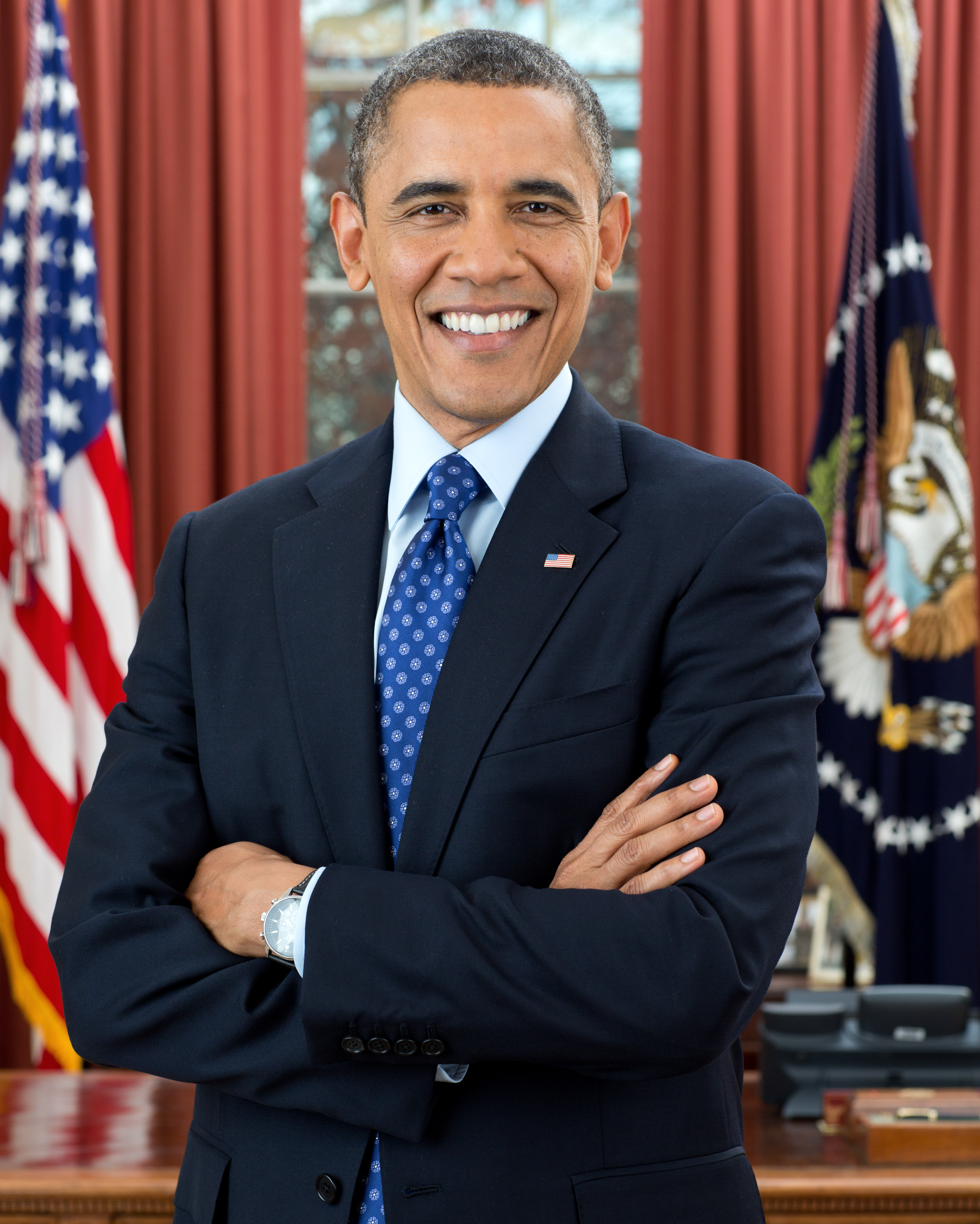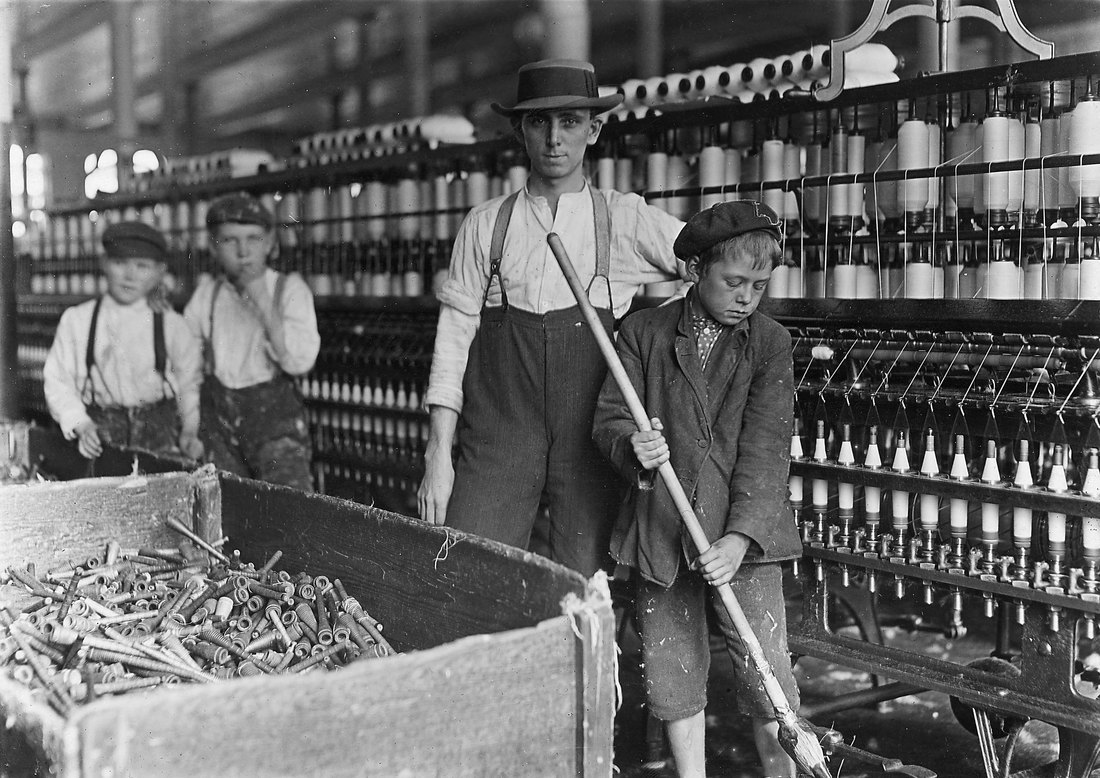In the beginning of his inaugural address Wilson acknowledges the recent change in government. Both houses of Congress as well as the President and Vice Presidency will all soon be from the democratic party. He calls this change a change in perspective, not a change in ideals. He talks about how change is necessary in order for the nation to accomplish new things. Wilson compliments the country on its morality and says that he hopes the nation will continue to honor these morals. He then couples that with the evils that have been done, wasting nature's resources and overworking many people, wasting lives. These were the actions of a corrupt government. Wilson then states that it is time to fix the evils while keeping the good, making the workforce more fair and not just trying to gain industrial greatness. He describes it as "restoration." Wilson then lists off some issues, like harmful tariffs, an uncontrolled industrial sector, and the waste of American resources without replenishing them. He then reiterates that the responsibility of government is to protect the lives of the people, which could be done with labor laws and sanitation laws. Wilson emphasizes that property rights will be maintained and that business will be restored by adding justice. He concludes by stating that he is dedicated towards improving the lives of the people.


Wilson's First Inaugural reminded me of former President Barack Obama's First Inaugural speech because both shared a sense of determination and optimism that the country would improve, even if it took some time.








